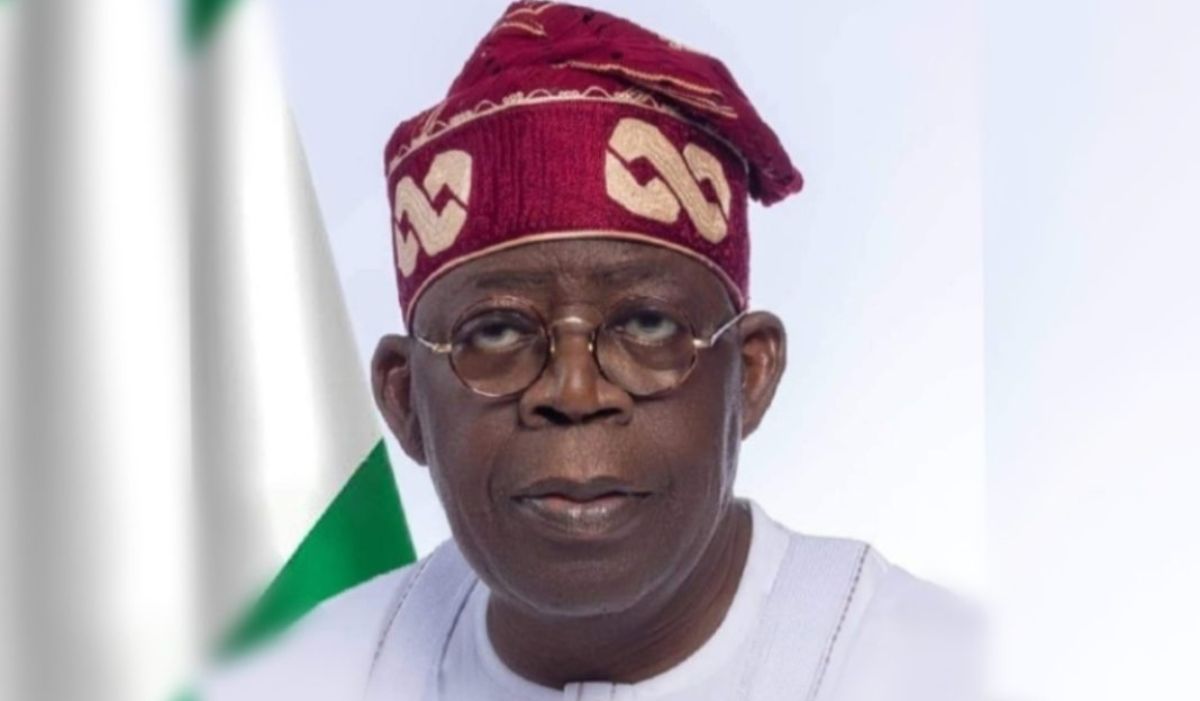Saint Lucia Trip: Presidency Touts $130bn Caribbean Opportunity as Criticism Mounts

Facing mounting criticism over President Bola Tinubu’s recent visit to Saint Lucia, the Presidency has emphasized the strategic value of the trip, stating that it fosters deeper ties between Nigeria and the Caribbean and opens access to over $130 billion in potential economic partnerships via the Organisation of Eastern Caribbean States (OECS) and CARICOM.
Presidential spokesperson Bayo Onanuga addressed the backlash on Sunday, accusing critics of being “misguided, mischievous, and uninformed.” He underlined that, from Saint Lucia’s perspective, Tinubu’s visit rekindles historical and cultural connections while paving the way for stronger bilateral cooperation.
“First, from the perspective of the Government of Saint Lucia, the visit by the Nigerian leader paves the way for the rekindling of our ancestral bonds, igniting a new era of diplomatic, cultural, and economic possibilities between our nations.”
Onanuga pointed to Saint Lucia’s significant population of African descent, tracing their roots to 19th-century Nigerian immigrants. He emphasised that the visit serves as a symbolic reunion and an avenue for increased South-South collaboration in today’s uncertain global climate.
Historical ties were also spotlighted, with examples such as Darnley Alexander, the Saint Lucian-born legal expert who became Nigeria’s Chief Justice in 1975, and Neville Skeete, a Lucian architect involved in designing the Central Bank of Nigeria headquarters. Additionally, Alexander’s son served as a frontline doctor in the Nigerian Army during the civil war.
Tinubu’s trip reflects Nigeria’s “Four D’s” foreign policy—Democracy, Development, Diaspora, and Demography—and aligns with the African Union’s Sixth Region initiative, which regards the diaspora as a critical development partner.
The Presidency also noted the growing cultural influence of Nigeria in Saint Lucia, citing the popularity of Afrobeats and Nollywood. Ahead of Tinubu’s arrival, local airwaves were reportedly filled with Nigerian music, demonstrating the reach of the country’s soft power.
“Our cultural exports, including Afrobeats, Nollywood, and literature, are already making a significant impact on Saint Lucia and the wider Caribbean, enriching our shared cultural landscape.”
Onanuga highlighted that the Gros Islet Street Party—a key cultural event in Saint Lucia—featured Nigerian music prominently the night before the President’s arrival.
Emphasising shared democratic values, he pointed out that Saint Lucia is a stable parliamentary democracy, while Nigeria has enjoyed continuous democratic governance for over two decades. During Tinubu’s welcome broadcast on the National Television Network, a commentator described him as a “fighter for democracy.”
Tinubu also visited the Sir Arthur Lewis Community College to explore educational collaborations. The inclusion of officials from the Nigerian Technical Aid Corps (TAC) in his delegation was seen as a sign of intent to deepen technical and professional cooperation.
A meeting with the Nigerian community in Saint Lucia, hosted by the country’s Prime Minister, is scheduled to provide a platform for engagement on bilateral matters.
This visit marks a diplomatic milestone for Saint Lucia, which has welcomed fewer than ten state visits since gaining independence in 1979. The last African leader to visit was Nelson Mandela in 1998.
President Tinubu is expected to address a special joint session of Saint Lucia’s Parliament at the Sandals Grande Conference Hall—renamed after U.S. President Bill Clinton, who visited in 2003—adding further significance to the event.





